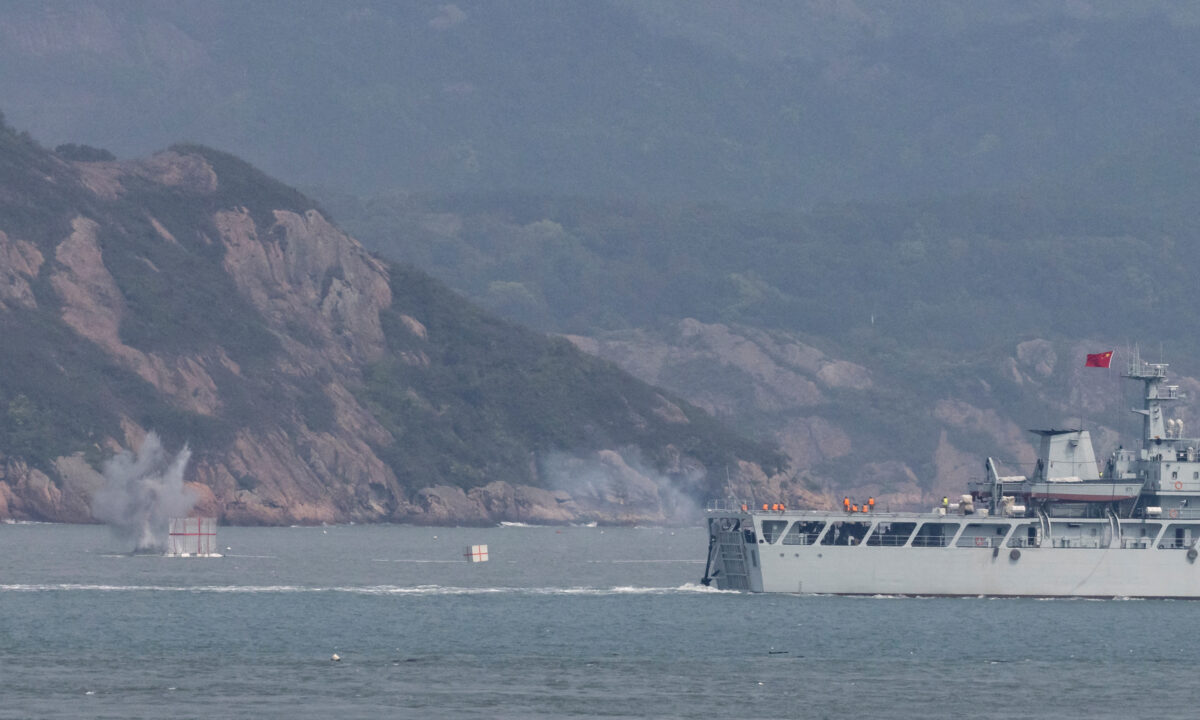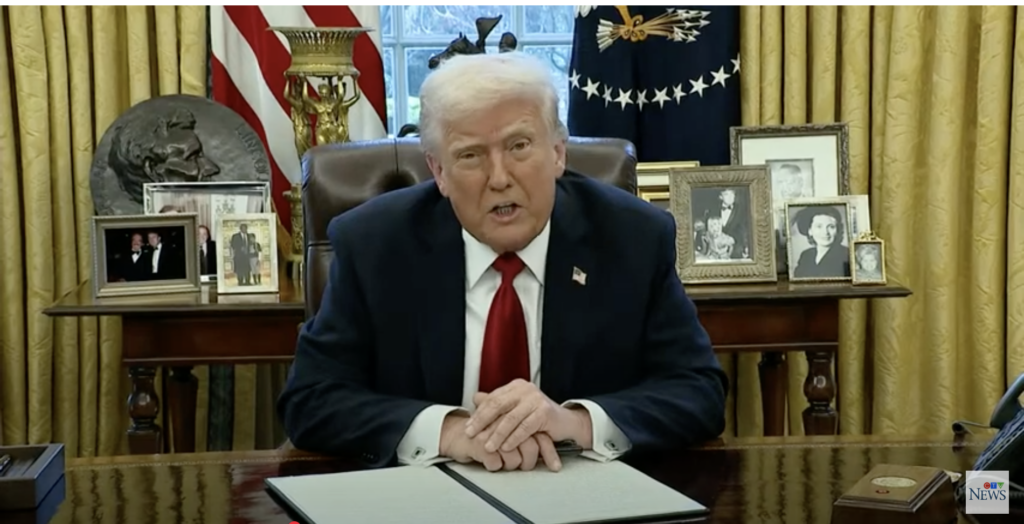Paraguay’s conservative win blocks China’s regional dominance bid.
Conservative Candidate Santiago Peña Wins Paraguay Election, Maintains Ties with Taiwan
On April 30, conservative presidential candidate Santiago Peña won a major victory in Paraguay, strengthening the hold of the Colorado Party as a new wave of leftist leadership has emerged in the region over the past two years.
Beyond Paraguay’s borders, the geopolitical implications of the election win are significant. This is especially true for the U.S.–China struggle over prevailing influence in Latin America.
Taiwan’s last remaining diplomatic ally on the continent also hung in the balance on the election’s outcome. Leftist opposition, along with Paraguay’s agricultural and beef lobbies, have pushed for a switch of allegiance to China in recent months.
Latin America and Taiwan share a commonality in the U.S.–China power struggle.
Both locations have become a geopolitical proving ground, with Latin America serving as a testament to the Chinese Communist Party’s (CCP) goal of dominating commerce and trade in the West.

On the other side is Taiwan, the target of military muscle flexing by China. The CCP has conducted multiple “training exercises” near the island nation’s shores in recent weeks.
Since February, China’s show of force near Taiwan has prompted the most significant U.S. military buildup in the neighboring Philippines since the end of the Cold War.
Borrowed Time
A flip in Paraguay’s diplomatic relations in favor of Beijing would have been a symbolic victory for CCP leader Xi Jinping, regional experts say.
They predicted the loss of its only remaining diplomatic tie in South America might erode Taiwan’s leadership and demoralize its citizens before the 2024 presidential election.
Peña’s victory in Paraguay has allayed that concern for the moment, but some analysts say Taiwan may be on borrowed time.
“This is a temporary respite, but not an ‘everything is OK’ kind of thing,” Evan Ellis, a research professor of Latin American studies at the U.S. Army War College Strategic Studies Institute, told The Epoch Times. “Certainly, this was very good news for Taiwan, for the next few years … but Taiwan isn’t out of the woods.”
Peña’s pledge to maintain ties with Taiwan aside, Ellis believes the Colorado Party could switch diplomatic allegiance to China in the long term.
“The Chinese do lose battles, and when they do, they come back and find a different way to come at the problem,” he said.
China may not have to wait long. The pressure is on for Peña to turn around Paraguay’s struggling economy. Prolonged drought has affected agricultural and hydropower exports over the past five years. This is further compounded by “poor performance” from trade partners, inflation, and economic fallout from the COVID-19 pandemic.

Gross domestic product growth in Paraguay tumbled to just 0.7 percent between 2019 and 2022 from the annual average of 4.4 percent between 2003 and 2018, according to the World Bank.
The nation’s agricultural and beef sectors are expected to continue pressing for a diplomatic shift away from Taiwan to gain direct access to China’s sizable markets. Paraguay’s anchor commodities—such as soy and beef—currently arrive in China through a third party, such as Argentina. But this approach limits both the profitability and reach of Paraguay’s key exports.
But if the South American nation drops its allegiance with Taiwan down the road, some say it won’t hit as hard as the CCP hopes.
“Taiwain relies, most heavily, not on formal allies. It’s the informal relationships that matter the most,” Lev Nachman, a nonresident fellow of the Atlantic Council’s Global China Hub, said during an April 28 event.
Nachman stressed that countries like the United States—Taiwan’s most significant informal relationship—carry the most weight regarding support.
He further noted that while the loss of formal allies is a “bad look” for Taipei, “it’s also important to remember Taiwan is still able to function as a de facto independent country without formal diplomatic allies.”
New Opportunities
A consistent echo heard among U.S.–China trade analysts is the value U.S. investments and sponsorships provide over its CCP rivals.
One of these is currently in the works with the U.S. Department of Agriculture (USDA). The Animal and Plant Health Inspection Service (APHIS) division of the USDA has proposed a rule that, if approved, would allow the entry of Paraguay’s burgeoning beef industry to U.S. markets.
If the USDA proposal is enacted, it would likely put European beef markets within Paraguay’s reach, too.
“The U.S. Department of Agriculture published the proposed rule to allow the importation of fresh beef from Paraguay to solicit input on the proposed action, and we encourage all stakeholders and interested individuals to submit their input as formal comments before the comment period closes on May 26, 2023,” an APHIS spokesperson at the USDA told The Epoch Times.
They also noted there’s no set timetable for the pending approval of Paraguayan beef imports.
" Conservative News Daily does not always share or support the views and opinions expressed here; they are just those of the writer."





Now loading...